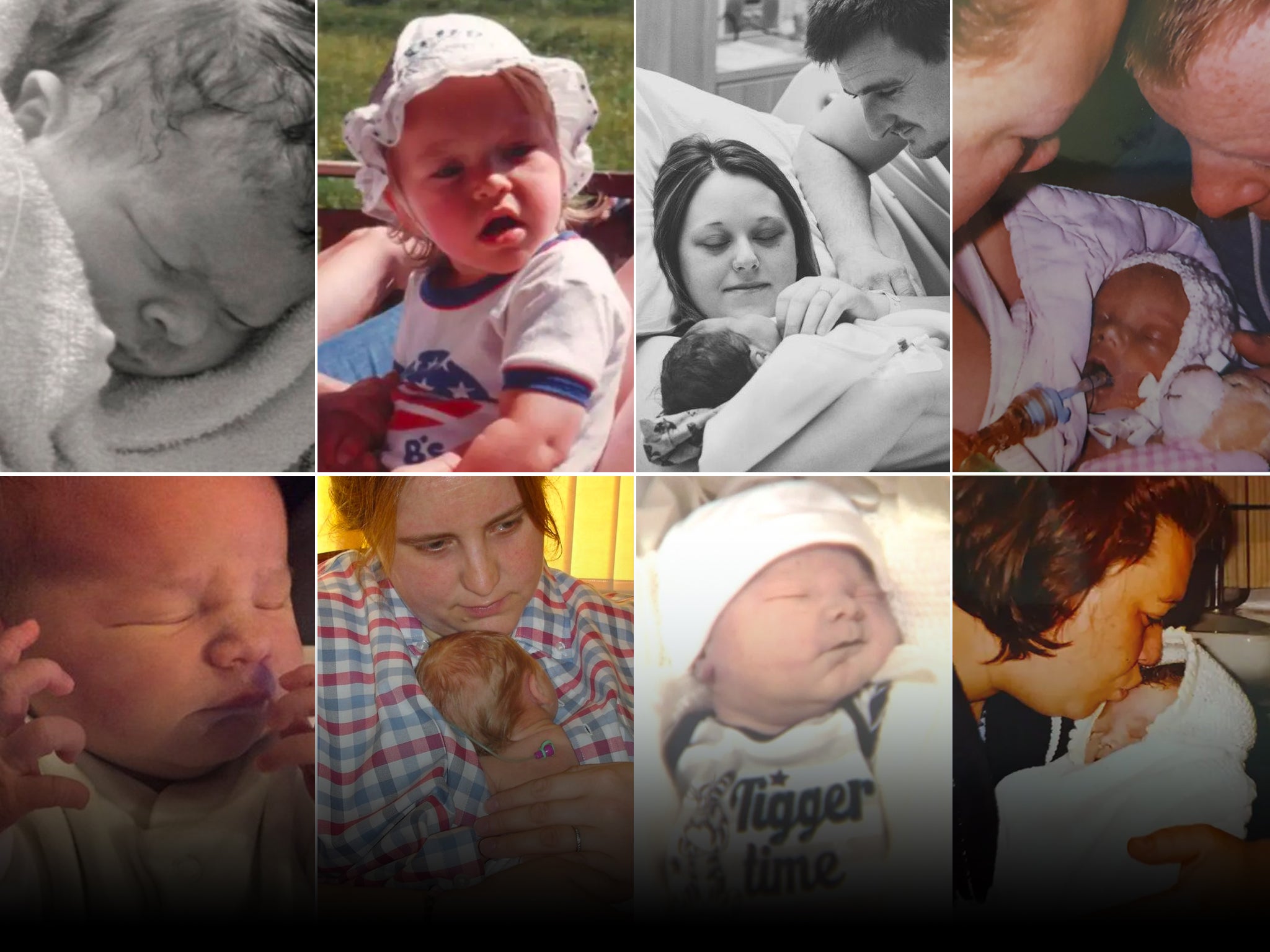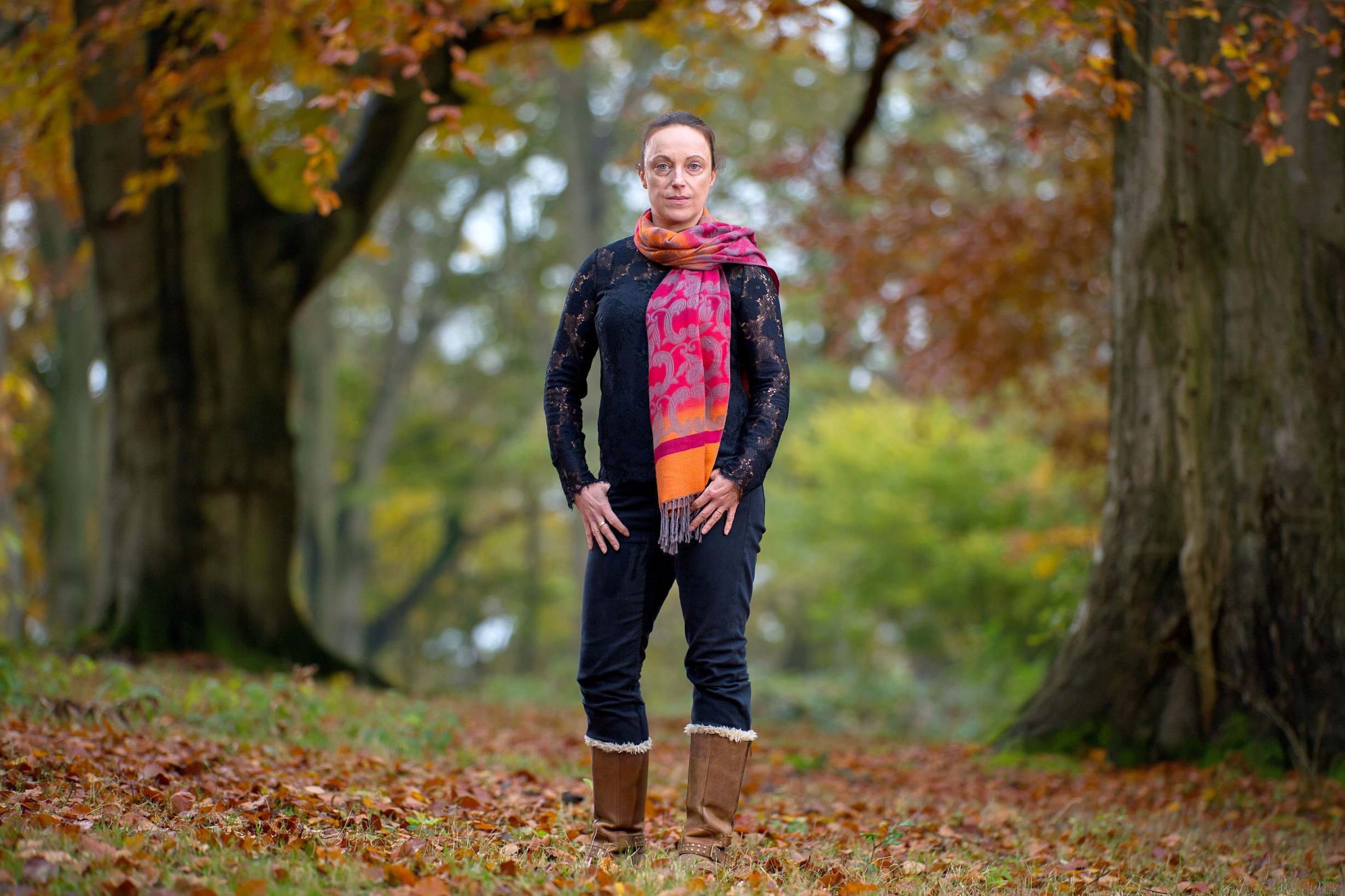Shrewsbury maternity scandal: NHS trust blamed mothers as hundreds of babies died avoidably, report finds
Inquiry says more than 200 may have died in largest maternity scandal in NHS history

Your support helps us to tell the story
From reproductive rights to climate change to Big Tech, The Independent is on the ground when the story is developing. Whether it's investigating the financials of Elon Musk's pro-Trump PAC or producing our latest documentary, 'The A Word', which shines a light on the American women fighting for reproductive rights, we know how important it is to parse out the facts from the messaging.
At such a critical moment in US history, we need reporters on the ground. Your donation allows us to keep sending journalists to speak to both sides of the story.
The Independent is trusted by Americans across the entire political spectrum. And unlike many other quality news outlets, we choose not to lock Americans out of our reporting and analysis with paywalls. We believe quality journalism should be available to everyone, paid for by those who can afford it.
Your support makes all the difference.Mothers were blamed for the avoidable deaths of more than 200 babies at Shrewsbury and Telford Hospital Trust, an inquiry into the largest maternity scandal in NHS history has found.
A damning report published on Wednesday said the trust presided over decades of catastrophic failings, while it was never challenged over practices which led to hundreds of children being stillborn, dying shortly after birth or being left severely brain damaged.
In some cases, fault for the death of babies was placed on mothers, while others had their concerns and complaints dismissed, compounding their grief at losing a child.
Babies also died during birth and shortly after due to a culture of a “reluctance to perform caesarean sections”, the report found.
The inquiry, led by chair Donna Ockenden, covered 1,592 clinical incidents involving 1,486 families between 2000 and 2019,
It is the largest report into the maternity failings to date and comes two years after The Independent revealed more than a dozen women and more than 40 babies died during childbirth at Shrewsbury and Telford Hospital Trust because of a culture that denied women choice.
The inquiry found there were a total of 295 avoidable baby deaths or brain damage cases as a result of poor maternity care, including 131 stillbirths, 70 neonatal deaths and 84 cases of brain damage.
It said nine mothers had also died as a result of avoidable poor care. Concerns were raised about a further three deaths, although it was determined care had not been a factor in these outcomes.
Conservative MP Jeremy Hunt, who ordered the inquiry in 2017 when he was health secretary, said on Wednesday the numbers were "worse" than he could have imagined and he hoped the report would be "a wake up call".
Ms Ockenden, a senior midwife, said: “Throughout our final report we have highlighted how failures in care were repeated from one incident to the next. For example, ineffective monitoring of fetal growth and a culture of reluctance to perform caesarean sections resulted in many babies dying during birth or shortly after their birth. In many cases, mother and babies were left with life-long conditions as a result of their care and treatment.
“The reasons for these failures are clear. There were not enough staff, there was a lack of ongoing training, there was a lack of effective investigation and governance at the Trust and a culture of not listening to the families involved. There was a tendency of the Trust to blame mothers for their poor outcomes, in some cases even for their own deaths.
“What is astounding is that for more than two decades these issues have not been challenged internally and the Trust was not held to account by external bodies. This highlights that systemic change is needed locally, and nationally, to ensure that care provided to families is always professional and compassionate, and that teams from ward to board are aware of and accountable for the values and standards that they should be upholding.”

The report contains more than 60 recommendations for Shrewsbury and Telford Hospital Trust, as well as calling for NHS England to commit to a multi-year investment plan for maternity workforce with minimum staffing levels to be agreed nationally and locally.
Louise Barnett, chief executive at the Shrewsbury and Telford Hospital NHS Trust said: “Today's report is deeply distressing, and we offer our wholehearted apologies for the pain and distress caused by our failings as a trust.”
Speaking on Wednesday as she presented the report’s findings, Ms Ockenden said her review team were told by staff at the trust they were “fearful” to speak out.
One staff member reportedly told the inquiry: “We were told not to speak out, but I will do it and take the consequences because it is the right thing to do.”
The scandal first came to light after bereaved families spoke out over treatment they had received at the trust.
Richard Stanton and Rhiannon Davies, who have campaigned for years over the poor care, lost their daughter Kate hours after her birth in March 2009.
The trust noted the death but described it as a “no harm” event, although an inquest jury later ruled Kate’s death could have been avoided. The trust still insisted its care had been in line with national guidelines.

Another couple who have led the campaign for safer care are Kayleigh and Colin Griffiths, whose daughter Pippa died in 2016 from a Group B Strep infection. A year later, a coroner ruled her death could have been avoided.
A criminal investigation into what happened at the trust is being carried out by West Mercia Police.
Ms Ockenden also calls for all hospitals to ensure doctors review all postnatal readmissions and unwell postnatal women.
Last week NHS England announced £127 million for maternity services however the review team said this falls “significantly” short of the £200-350 million recommended by the Health and Social Care Select Committee in June 2021.
Ms Ockenden added: “A death of a mother or baby, or a birth incident which results in an injury should never be ignored. Thorough and timely expert investigations have to be undertaken which result in meaningful actions that improve quality of care, diagnosis and processes going forward.
“There should never again be a review of this scale, in both numbers, and the length of years across which these concerns remained hidden. I pay tribute to all the families that have been involved in this review and thank them for working with me and my team.
“The legacy of this review should be a maternity service across England that is appropriately funded, well-staffed, trained, motivated and compassionate and willing to learn from failings in care. “
Making a statement in the Commons, health secretary Sajid Javid told MPs: “This report paints a tragic and harrowing picture of repeated failures in care over two decades, which led to unimaginable trauma for so many people rather than moments of joy and happiness.
“For these families, their experience of maternity care was one of tragedy and distress and the effects of these failures were felt across families, communities, and generations. The cases in this report are stark and deeply upsetting.”

Ms Barnett added: “We have a duty to ensure that the care we provide is safe, effective, high quality, and delivered always with the needs and choices of women and families at its heart.
“Thanks to the hard work and commitment of my colleagues, we have delivered every one of the actions we were asked to lead following the first Ockenden Report, and we owe it to those families we failed, those we care for today and in the future to continue to make improvements so we are delivering excellent care for the communities that we serve.”


Join our commenting forum
Join thought-provoking conversations, follow other Independent readers and see their replies
Comments